To provide the best experiences, we use technologies like cookies to store and/or access device information. Consenting to these technologies will allow us to process data such as browsing behaviour or unique IDs on this site. Not consenting or withdrawing consent, may adversely affect certain features and functions.
The technical storage or access is strictly necessary for the legitimate purpose of enabling the use of a specific service explicitly requested by the subscriber or user, or for the sole purpose of carrying out the transmission of a communication over an electronic communications network.
The technical storage or access is necessary for the legitimate purpose of storing preferences that are not requested by the subscriber or user.
The technical storage or access that is used exclusively for statistical purposes.
The technical storage or access that is used exclusively for anonymous statistical purposes. Without a subpoena, voluntary compliance on the part of your Internet Service Provider, or additional records from a third party, information stored or retrieved for this purpose alone cannot usually be used to identify you.
The technical storage or access is required to create user profiles to send advertising, or to track the user on a website or across several websites for similar marketing purposes.
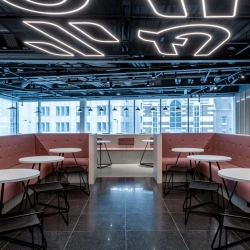 In the face of the revolutionary and long-lasting changes to workplaces across the world resulting from the pandemic, some commentators have suggested that the wide-spread necessity of adopting remote working practices may have made the office obsolete. However, such a dramatic upheaval to the very foundation of the workplace and working dynamic won’t come without a cost, and new data suggests that perhaps the office isn’t the dinosaur many assumed, but still a central pillar to effective businesses as part of a hybrid working strategy. (more…)
In the face of the revolutionary and long-lasting changes to workplaces across the world resulting from the pandemic, some commentators have suggested that the wide-spread necessity of adopting remote working practices may have made the office obsolete. However, such a dramatic upheaval to the very foundation of the workplace and working dynamic won’t come without a cost, and new data suggests that perhaps the office isn’t the dinosaur many assumed, but still a central pillar to effective businesses as part of a hybrid working strategy. (more…)





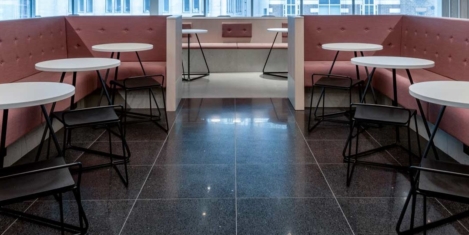

 A new think tank has launched today to mark the United Nations’ International Day of Persons with a Disability. Called ‘
A new think tank has launched today to mark the United Nations’ International Day of Persons with a Disability. Called ‘
 In a recent
In a recent 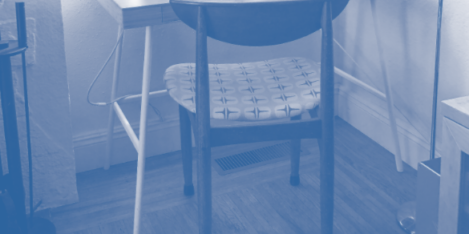
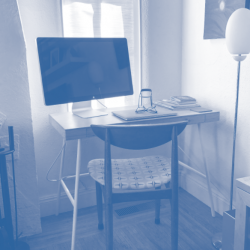 A new study on work-life balance claims that the COVID-19 crisis is a crucial factor – but not the only one – behind low levels of wellbeing among employees working from home. A research team including Professor Ilke Inceoglu, Professor of Organisational Behaviour and HR Management at the
A new study on work-life balance claims that the COVID-19 crisis is a crucial factor – but not the only one – behind low levels of wellbeing among employees working from home. A research team including Professor Ilke Inceoglu, Professor of Organisational Behaviour and HR Management at the 
 New research published by
New research published by 
 Staff need on average three days a week (2.91) in the office to achieve maximum productivity, according to a new study by
Staff need on average three days a week (2.91) in the office to achieve maximum productivity, according to a new study by 
 Companies are facing complex performance challenges as the COVID-19 resurgence heightens the need to reinvigorate employee engagement.
Companies are facing complex performance challenges as the COVID-19 resurgence heightens the need to reinvigorate employee engagement. 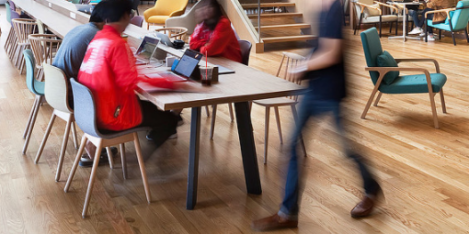
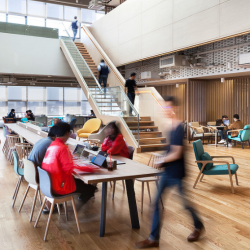 A survey issued by architecture, design, and planning firm
A survey issued by architecture, design, and planning firm  As many of us cope with yet another lockdown, optimism is easy to misplace but, for disabled workers, this could result in monumental change for future employment. On the month commencing the 25th anniversary of the Disability Discrimination Act and the run-up to International Day of Disabled Persons, could this be the final push for change? As we swing in and out of remote-working, whether you love it or loathe it, one thing is abundantly clear – it can be done. Something that the
As many of us cope with yet another lockdown, optimism is easy to misplace but, for disabled workers, this could result in monumental change for future employment. On the month commencing the 25th anniversary of the Disability Discrimination Act and the run-up to International Day of Disabled Persons, could this be the final push for change? As we swing in and out of remote-working, whether you love it or loathe it, one thing is abundantly clear – it can be done. Something that the 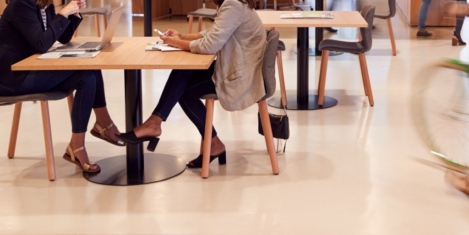
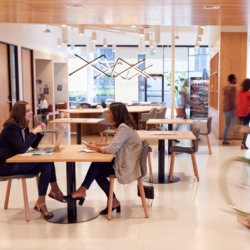 A new report from the
A new report from the 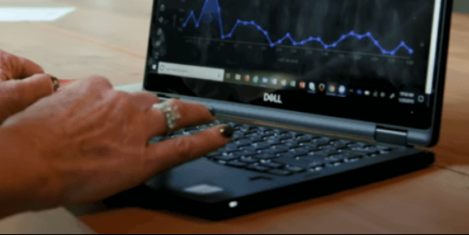
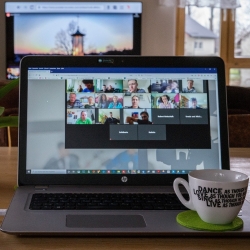 A new survey by
A new survey by 








December 4, 2020
Is there a future for the office?
by Mark Eltringham • Comment